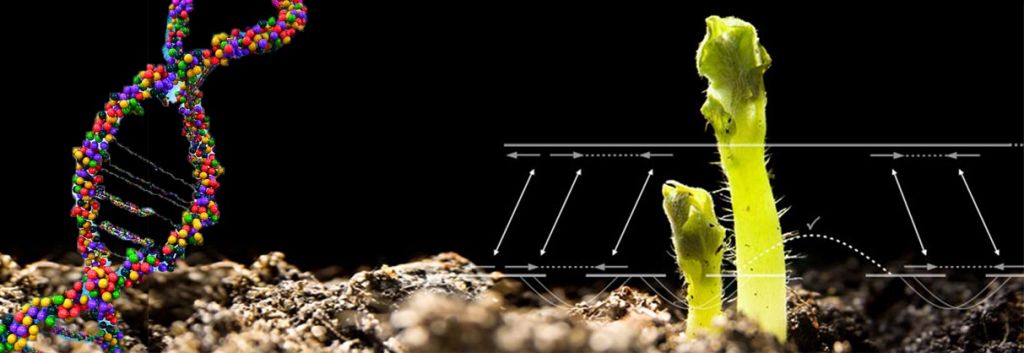High-Tech Grüenderfonds (HTGF) has invested in a spin-off from the Max Planck Institute for Developmental Biology and University of Tübingen. Computomics’ has a pioneering agricultural project involving next generation sequencing (NGS) of GMO crops.
![]() Computomics is the biotech which has caught HTGF’s interest. Based in Tübingen (Germany), this bio-informatics start-up tackle genomic analysis of agricultural products for researchers and plant breeders, to better improve yield and help innovate better characteristics for genetically-modified crops.
Computomics is the biotech which has caught HTGF’s interest. Based in Tübingen (Germany), this bio-informatics start-up tackle genomic analysis of agricultural products for researchers and plant breeders, to better improve yield and help innovate better characteristics for genetically-modified crops.
It broaches the field of de-novo genome assembly for crop sciences (amongst other methods and techniques). This is difficult to do in crop studies because plant genomes are far more complex than other organisms, due to polyploidy (mutiple genomes) of domesticated grains and food sources.
These include corn, soy bean, and canola etc. In fact, Computomics claim to be able to analyse genome sizes up to 22 Giga-base pair level (which is put in perspective when you know the Human Genome is only 3 Gbp).
According to the managing director of Computomics, Sebastian Schultheiss:
We apply computational methods to a plethora of –omics data, like genomics and transcriptomics, so we came up with the name Comput-omics.”

Even if it was only founded in only 2012, Computomics is no novice in the genomics field. Co-founders have really impressive positions of tenure; Weigel is Director of the Molecular Biology Department at the Max Planck Institute (and amusingly, his lab is called ‘WeigelWorld‘), and Daniel Huson is Professor for Algorithms in Bioinformatics at the University of Tübingen.
Other links include the ETH Zurich and Biosystems at the Bioinformatics department in Basel (Switzerland). This is, therefore, an attractive bio-informatics syndicate which have founded Computomics, and it is understandable major Seed investors like HGTF are interested.

Another biotech which is attempting to conduct whole-genome analysis of domestic wheat is Edico Genetics. Their DRAGEN Processing chip will now be used by the The Genome Analysis Centre in Norwich (UK) to also carry out NGS to cover the whole wheat genome to improve crop yield as well.
Computomics are currently at the Festival of Genomics in California (US) ending today, and will probably attract other investors, in addition to the €500,000-€2M which is typical of HTGF’s seed investments (the exact amount being undisclosed in the statement).
Computomics is therefore at the cutting edge of agricultural genomics research, and although their name may not sound as cool as their work actually is, it’s still turning a lot of interested heads in the crop sciences field.





